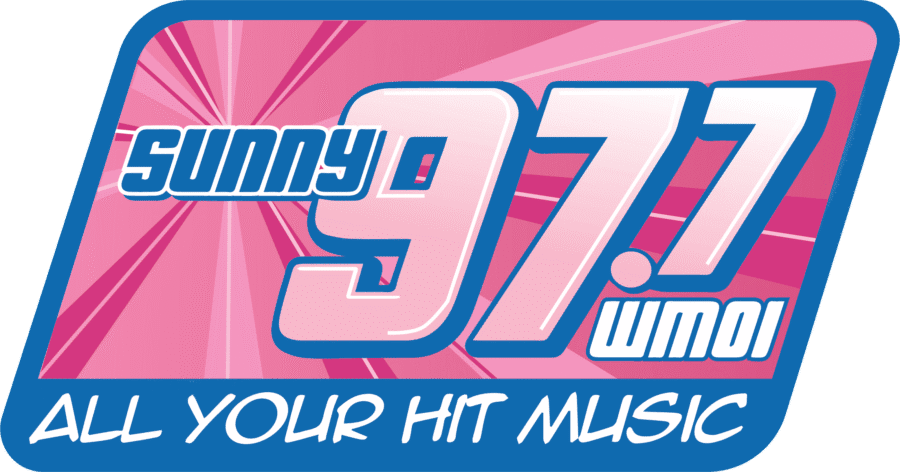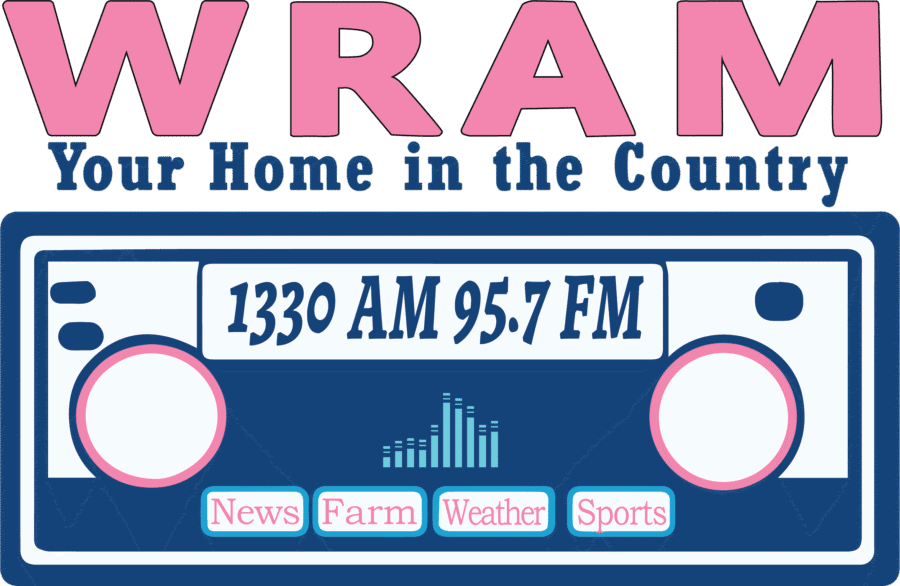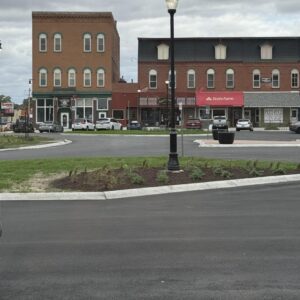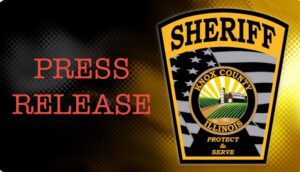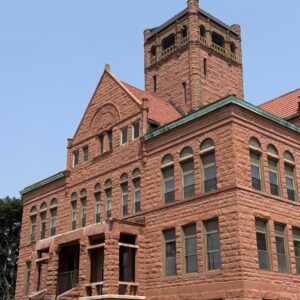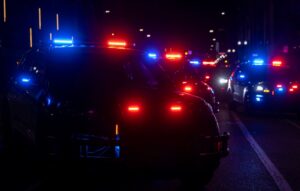Loud snoring, Gasping or snorting during sleep, Daytime sleepiness, Irritability, Difficulty concentrating, Bedwetting, and Headaches may be symptoms of sleep apnea especially in children. According to the Mayo Clinic, pediatric obstructive sleep apnea is a condition in which a child’s breathing is partly or completely blocked during sleep. Breathing can briefly stop and start again many times a night. The condition happens when the upper airway narrows or is blocked during sleep.
Obstructive sleep apnea can look different in children than it does in adults. Adults usually have daytime sleepiness. Children are more likely to have behavior issues, such as acting hyper or not paying attention. Ear, Nose and Throat Specialist Dr. Jeffrey Sparks at McDonough District Hospital says sometimes children can be misdiagnosed with ADHD when it may be sleep apnea.
“We also deal with kids with sleep apnea a lot. Some people don’t think about kids with their sleep apnea, but if you take a kid that lays there for eight hours at night, but does not get a restful night’s sleep, then we expect them to go to school and sit there for eight hours and pay attention. Well, it is difficult enough for a young boy to sit still and pay attention, but then you don’t let them get a good night’s sleep and then it becomes really difficult. We often get labeled ADHD and things like that, but it is actually because they might not be getting a restful night’s sleep.”
Dr. Sparks says they can treat sleep apnea by the removal of enlarged tonsils and adenoids as a first line of treatment. Obstructive sleep apnea is more common in children between the ages of 2 and 8. If you suspect your child may have OSA, it’s important to consult a healthcare professional for proper diagnosis and treatment.
